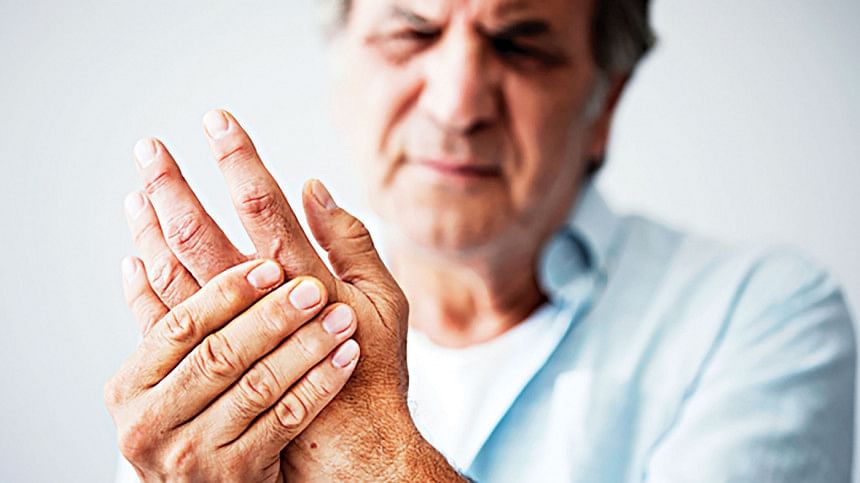Sudden health problems after 50

As people age, they may experience sudden and painful ailments, some of which may indicate more significant health problems. These include:
Heart attack: Heart disease affects 735,000 people annually, and a 50-year-old man has a 50% chance of developing it. Common signs include chest pain, shortness of breath, and pain in the back, shoulders, or neck, accompanied by sweating, dizziness, or nausea. Maintaining a healthy weight, not smoking, and regular exercise can lower the risk.
Stroke: A stroke happens when blood flow to the brain is blocked, causing brain cells to die. Act fast if you experience weakness, numbness, confusion, or trouble speaking. Prevent strokes by controlling blood pressure, eating healthy, managing stress, exercising, and quitting smoking.
Aneurysm: Lifestyle changes to reduce heart disease and stroke risk may also lower the chances of developing an aneurysm. An aneurysm occurs when an artery's weak wall bulges outward, potentially causing internal bleeding or stroke. Symptoms include pain, nausea, dizziness, clammy skin, and rapid heartbeat.
Gallstones: Gallstones are hard pieces of bile that can cause intense upper abdominal pain. Obesity, diabetes, Crohn's disease, and lack of exercise increase the risk of developing them.
Acute pancreatitis: Pancreatitis is inflammation of the pancreas causing severe stomach pain, nausea, vomiting, fever and can be life-threatening. Gallstones, heavy drinking, high calcium levels or high triglycerides can cause it. Seek immediate medical help if you have these symptoms.
Broken bones: Bones may become brittle and break as you age, especially in women who commonly experience osteoporosis. Calcium, vitamin D, and drugs can slow down or prevent further bone loss.
Vertigo: Vertigo can occur when tiny crystals in your inner ear that help with balance get dislodged, especially as you age. A doctor can treat it with head movements to reposition the crystals.
Detached retina: If your retina detaches from your eye's outer wall, it will not get enough oxygen and can cause vision loss. Seek medical attention immediately if you experience floaters or flashes of light. This is more prevalent in individuals with severe near-sightedness or a history of eye conditions such as cataract surgery.
Kidney stones: Kidney stones are hard calcium clumps that can cause pain, bleeding, infections, or blockage of urine. Drinking plenty of water can help prevent them. They're more common in men than women.
Pneumonia: Bacterial pneumonia is more prevalent in people over 50. It is called pneumococcal pneumonia. As you age, your immune system weakens, making older people more susceptible. The Centres for Disease Control and Prevention (CDC) suggests a vaccine for everyone over 65.
Spinal stenosis: It develops slowly but appears abruptly. Arthritis narrows the spinal cord and nerve pathway in your backbone. Pinching or squeezing nerves can cause lower back or neck pain, numbness, or spasms. Drugs, manual therapy, or surgery may help.
Gout: This disease causes sudden pain and swelling in a joint, usually the big toe. Uric acid accumulation causes it. You are at risk if you eat red meat and shellfish, drink alcohol, or take certain high blood pressure medicines. Fructose, a soda sweetener, and fat also increase risk.
Pulmonary embolism: This condition occurs when a blood clot becomes lodged in a lung blood vessel. After 50, your odds of having one increase, so seek medical attention if you have chest pain, shortness of breath, or dizziness. You may also experience a cough with blood, leg aches, and clammy or bluish skin. An early sign of a blood clot is swelling or ache in one of your calf muscles. If you have heart illness, recent surgery, or were in a restricted position like an aeroplane or car for a long time, your risk increases.

 For all latest news, follow The Daily Star's Google News channel.
For all latest news, follow The Daily Star's Google News channel. 



Comments